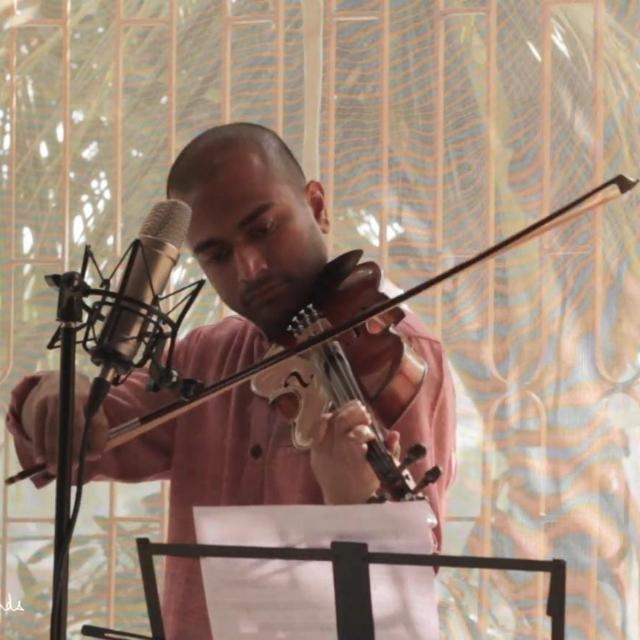
RESEARCH INTERESTS
Early Modern and Modern South Asia; the history of capitalism; intellectual history and the history of political economy; comparative histories of caste, race, and slavery; the history of modern sport; historical musicology; social theory
BIOGRAPHY
I am a historian of early modern and modern South Asia. I earned my PhD from New York University and I am currently serving as a Collegiate Assistant Professor in the Social Sciences Collegiate Division. Before joining NYU, I completed an MA in political economy from the University of Massachusetts, Amherst, and a BA and MA in economics from Jadavpur University in India.
My work has appeared in various academic journals and public fora in both English and Bangla, including The Indian Economic and Social History Review (forthcoming), Modern Asian Studies, Critical Historical Studies, Review of Radical Political Economics, Development and Change, Mediations, Serenade Magazine, and Nirantar.
I am currently working on my first monograph titled “Caste, Capitalism, and Subaltern Aspirations in Bengal, 1696-1859,” which argues that despite the centrality of colonial initiatives in the development of Indian capitalism, the history of capitalism in India is irreducible to colonial rule. Through a study of caste conflict and the nature of lower-caste aspirations in pre-colonial and early colonial (c.1760-1858) Bengal, I show that subaltern actors often affirmed capitalist norms, including the abstract equality of all “humans,” the need for commerce to be free from “arbitrary” impositions by upper-caste elites and the state, and the Lockean claim that all labor should be seen as constituting property equally. For peasants, weavers, artisans, agrarian slaves, devotional poets, and petty merchants belonging to lower and middling castes, capitalist norms offered a critique of two practices – the control of access to land and markets – that enabled the maintenance and reproduction of caste hierarchies.
PUBLICATIONS
"The Politics of Commerce in Eighteenth-Century Bengal: A Reappraisal," Indian Economic and Social History Review, Vol. 61 No. 1 (January 2024).
"Capitalism, Caste, and Subaltern Aspirations in India: Bengal, c.1500-1859" in Capitalism: Histories, edited by Robert G. Ingram and James M. Vaughn, Rochester, NY: Boydell & Brewer (forthcoming, January 2025).
 THE UNIVERSITY OF CHICAGO
THE UNIVERSITY OF CHICAGO

